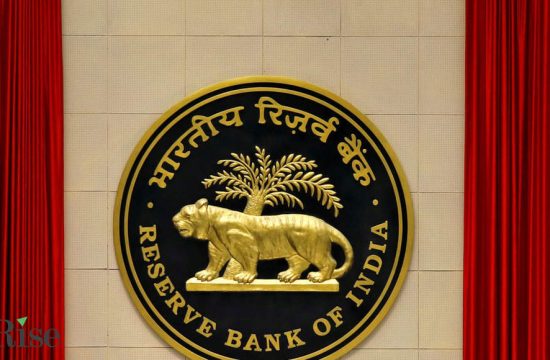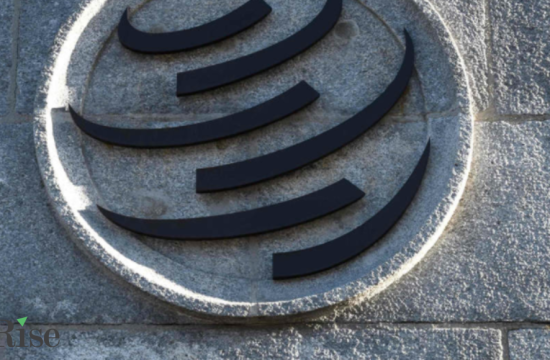
States are poised to raise taxes on businesses starting next year and cut jobless benefits for workers as the coronavirus-fueled downturn continues to stress unemployment systems around the country.
Industries like bars and restaurants that were hit hardest by the employment crisis may be hit with the biggest tax hikes.
Millions of Americans have continued to draw jobless benefits over the past six months and hundreds of thousands file new applications for aid each week.
That deluge — unparalleled in the history of the unemployment insurance system, which was created in the 1930s — has drained the trust funds states use to pay benefits.
Several states have already had to borrow money after depleting these trust funds. Many others will likely need to do so by the end of the recession, according to unemployment experts.
Because these coffers are funded solely by payroll taxes levied on employers, it’s a near certainty that states will need to raise taxes to replenish their war chests, experts said.
“The likelihood of tax increases is all but certain,” said Stephen Wandner, a senior fellow at the National Academy of Social Insurance and former actuary at the U.S. Labor Department.
Unemployment tax regime
The tax regime that funds unemployment benefits is complex.
There are two tiers: a federal tax, which funds the administration of benefits, and a state tax, which pays the benefits issued to workers.
The state tax, which varies significantly based on a host of factors, is often the higher of the two and the most likely to increase in the short term, experts said.
Employers pay the tax on a certain portion of each employee’s wages, as with other payroll taxes like the one that funds Social Security. (Just three states — Alaska, New Jersey and Pennsylvania — also levy a small tax on workers.)
Many employers don’t pay much attention to the unemployment tax, though, because it’s low relative to others, Wandner said.
More from Personal Finance:
These people won’t get Trump’s $ 300 unemployment benefit
9 million Americans will get letters about missing stimulus checks
The stimulus relief measures you can and can’t rely on
Businesses in states like Arizona and Florida, for example, pay the tax on the first $ 7,000 of annual employee wages — the lowest amount allowed by federal law. Employers in Florida pay a rate as low as 0.1% on those wages — or $ 7 per employee — and as high as 5.4% ($ 378 per worker).
By comparison, employers pay a 6.2% Social Security tax per worker on up to $ 137,700 in wages this year — or, up to $ 8,537 per worker.
Tax increase
But these unemployment taxes may soon increase in some states.
For one, tax rates depend on the balance in state unemployment trust funds. In most states, low balances trigger higher tax rates, and vice versa, according to the Labor Department.
Twenty states have already borrowed money or signaled intent to borrow from the federal government to keep benefits flowing after depleting their trust funds, according to the Treasury Department. Some have taken loans well over $ 1 billion.
“When that happens, states really just have two options: they can raise revenue, which in this system means increasing regular state unemployment-insurance taxes, or cut benefits,” Michael Leachman, VP of state fiscal policy at the Center on Budget and Policy Priorities, said of borrowing. “If you look at what’s happened in the past, it’s a combination of those things.”
For example, Massachusetts, among the most generous states relative to unemployment benefits, has borrowed nearly $ 1.5 billion.
The top tax rate for Massachusetts businesses can be as high as 18.6% when balances are low, according to the Labor Department. That’s a substantial rise from a top potential rate of 8.6% when funding is higher.
Also, a business that lays off more workers can generally expect to pay a higher tax rate relative to others. This negatively impacts a business’ so-called “experience rating.”
Think of this like an insurance premium on business owners who more often push workers into the unemployment system.
Industries that experienced the most job loss — such as leisure and hospitality, a category that includes restaurants, casinos and amusement parks — may be hit hardest by tax increases over the next few years.
“A lot of those companies will go up to the maximum rate in the tax schedule that’s in place in 2021,” Wandner said. “And definitely in 2022.”
States step in
However, some states are taking steps to reduce or eliminate the need to raise taxes on businesses.
Idaho, for example, diverted $ 200 million of federal funding provided by the CARES Act coronavirus relief law to the state’s unemployment insurance trust fund.
Absent that, the state’s unemployment tax would have doubled, to about $ 688 per worker from roughly $ 371, according to a memo signed by Gov. Brad Little earlier this month.
And officials in at least half the states plus the District of Columbia have said layoffs related to Covid-19 won’t negatively impact business’ experience ratings, which would typically raise their unemployment taxes, according to Tax Foundation data.
State lawmakers can also intervene to prevent higher taxes from setting in due to low trust fund balances, Wandner said.
Indeed, that occurred in many states after the Great Recession. Some states, particularly in the South, instead decided to cut benefits to help replenish their trust funds.
Those benefit cuts may take the form of a reduced maximum weekly benefit, a lesser duration of aid and more stringent eligibility requirements.
“What state legislatures very often do is say, ‘Forget it,'” Wandner said of raising taxes. “That’s why this whole program has fallen apart in recent years.”









